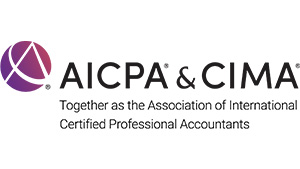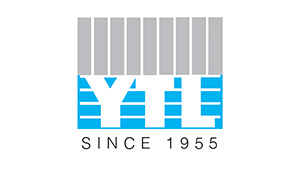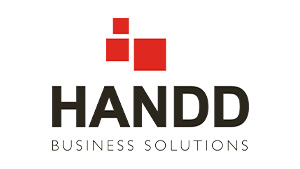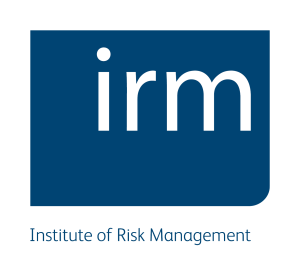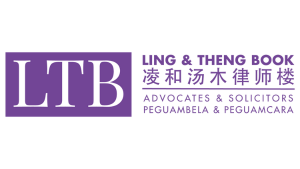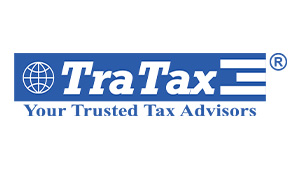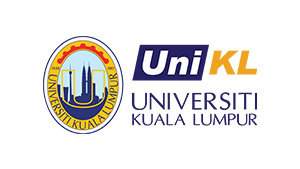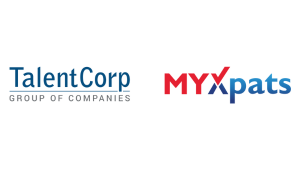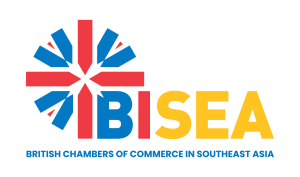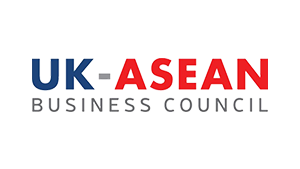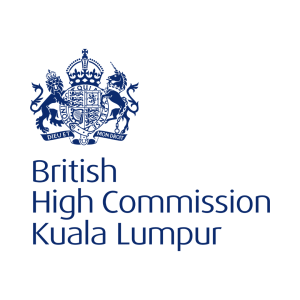The Family Office Incentive in Malaysia: A Strategic Shift in Global Wealth Management

Written by Lim Yee Von, 5th October 2024
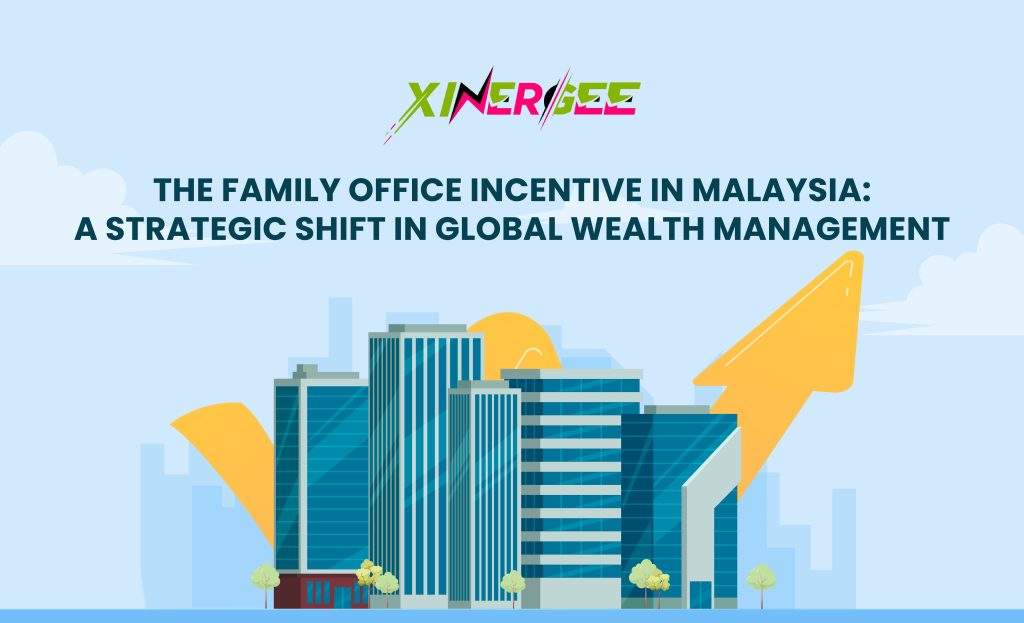
Family offices have emerged as pivotal structures for ultra-high-net-worth individuals (UHNWIs) to manage, preserve, and transfer wealth across generations. Recognising this global trend, Malaysia has introduced new incentives aimed at establishing family offices within its jurisdiction, particularly in the Special Financial Zone (SFZ) of Forest City, Johor. This article delves into the concept of family offices, their relevance to Malaysia, and the benefits these incentives offer to Malaysian UHNWIs.
Understanding Family Offices
A family office is a private advisory firm that manages wealth for a single affluent family or multiple families. These entities offer a range of services, including investment management, estate planning, philanthropy, and tax optimisation. Family offices are tailored to address the complex financial needs of UHNWIs, providing personalised solutions that align with their long-term objectives.
There are two primary types of family offices:
- Single Family Office (SFO): Dedicated to serving one family, focusing exclusively on its unique financial goals and needs.
- Multi-Family Office (MFO): Serves multiple families, often pooling resources to provide comprehensive services to clients with similar financial aspirations.
Core Functions of a Family Office
- Investment Management:
Family offices manage diversified portfolios across various asset classes, both domestically and internationally. For instance, a Malaysian family office might invest in equities on Bursa Malaysia and real estate projects in neighbouring countries, aligning investments with the family’s risk profile and long-term goals 1.
- Wealth Preservation and Succession Planning:
They handle estate planning and succession strategies to ensure a smooth transition of wealth. This is crucial in Malaysia, where complex business structures require meticulous legal and tax planning 2.
- Philanthropic Management:
Many family offices oversee the family’s philanthropic initiatives, directing resources towards social causes such as education, healthcare, and cultural preservation, thereby enhancing the family’s legacy and social impact 3.
- Tax Optimisation:
Family offices play a significant role in tax planning, leveraging favourable jurisdictions and incentives to minimise tax liabilities. Malaysia’s new incentives, including a 0% concessionary tax rate on income generated by eligible investments from the Single-Family Office Vehicle (SFOV) within the SFZ, offer substantial tax advantages 4.
Relevance to Malaysian UHNWIs
Growing Wealth Landscape:
Malaysia is witnessing a rise in the number of UHNWIs seeking sophisticated wealth management solutions. Family offices offer a structured approach to wealth preservation, investment diversification, and seamless succession planning, catering to the intricate financial landscapes of affluent Malaysian families 5.
Benefits for Malaysians
- Establishment of Family Offices:
Malaysian UHNWIs can leverage the newly introduced government incentives to establish SFOs within the SFZ. These incentives, including significant tax benefits, reduce the operational costs associated with wealth management, positioning Malaysia as a competitive destination for family office setups 6. - Attracting Foreign Investment:
The incentives aim to attract foreign family offices, leading to an inflow of capital into Malaysia’s economy. This influx can bolster the financial services sector, create employment opportunities, and stimulate local investment ventures, contributing to overall economic growth 7. - Financial Security and Legacy Planning:
Family offices provide Malaysian families with a robust framework for ensuring financial security and effective legacy planning. By maintaining control over investments, optimising tax strategies, and overseeing philanthropic activities, families can secure their wealth for future generations 8.
Malaysia's Regulatory and Tax Incentives
Malaysia has crafted a strategic regulatory and tax framework to attract family offices:
- Tax Exemptions:
The government offers a 0% tax rate on income generated by SFOs from eligible investments, including financial assets, private equity, and real estate, for a period of up to 20 years (initial 10 years with potential extension). This incentive significantly lowers operational costs 9.
- Flexible Investment Structures:
The regulatory environment allows SFOs to invest in a broad spectrum of assets, providing the flexibility needed to manage diversified investment portfolios effectively 10.
- Asset Protection and Confidentiality:
Malaysia’s legal framework ensures robust asset protection through trusts and estate structures, offering high levels of confidentiality—an essential factor for UHNWIs 11.
Key Incentives and Requirements
To qualify for these incentives, SFOs must meet specific criteria 12:
Location:
- Pulau 1, Forest City Special Financial Zone
- Establish and operate a registered office in this designated area.
Duration of Incentives:
- Total Duration: 20 years
- Initial Period: 10 years
- Additional Period: Subsequent 10 years upon meeting extended criteria
Qualifications for Initial Period (First 10 Years):
- Establishment:
- The Single-Family Office Vehicle (SFOV) must be a new investment holding company incorporated in Malaysia.
- Seek pre-registration with the Securities Commission (SC) to confirm eligibility for tax incentives.
- Management Company or Single-Family Office (SFO):
- Must be a related company of the SFOV.
- Set up and operate out of Pulau 1, Forest City Special Financial Zone.
- Employ at least one investment professional with a minimum monthly salary of RM10,000.
- Assets Under Management (AUM):
- Hold a minimum AUM of RM30 million.
- Local Investment Requirement:
- Invest at least 10% of the AUM or RM10 million, whichever is lower, in eligible and promoted local investments.
- Operating Expenditure (OPEX):
- Spend a minimum of RM500,000 annually in local operating expenses.
- Employment:
- Employ at least two full-time employees.
- At least one employee must be an investment professional earning a minimum monthly salary of RM10,000.
Qualifications for Additional Period (Subsequent 10 Years):
- Assets Under Management (AUM):
- Increase AUM to at least RM50 million.
- Local Investment Requirement:
- Invest at least 10% of the AUM or RM10 million, whichever is higher, in eligible and promoted local investments.
- Operating Expenditure (OPEX):
- Increase local OPEX by 30% compared to the Initial Period, amounting to a minimum of RM650,000 annually.
- Employment:
- Employ at least four full-time employees.
Licensing Exemptions under the Capital Markets and Services Act 2007 (CMSA):
- The SFO or management company may be exempt from obtaining certain licenses (e.g., fund management licenses) if:
- It provides services exclusively to its related corporation, the SFOV.
- It does not offer services to external clients or the general public.
Strategic Positioning of Malaysia
By introducing these incentives, Malaysia aims to position itself as a competitive hub for wealth management in the ASEAN region. The country seeks to attract not only domestic but also international family offices, offering a strategic location with favourable economic conditions and regulatory support 13.
Economic Impact
The establishment of family offices is expected to have a multiplier effect on Malaysia’s economy, including:
- Job Creation: Generating employment opportunities in finance, legal, and ancillary services.
- Investment Growth: Stimulating local investments in various sectors.
- Revenue Generation: Contributing to economic growth through operational expenditures and investment activities 14.
Conclusion
Malaysia’s introduction of family office incentives represents a significant advancement in the nation’s wealth management landscape. UHNWIs stand to benefit from substantial tax advantages, strategic investment opportunities, and a robust framework for wealth preservation and succession planning. As Malaysia strengthens its position as a financial hub, establishing a family office within its jurisdiction becomes an increasingly attractive proposition for securing and enhancing family wealth.
Leveraging Expert Advisory
Navigating the complexities of establishing a family office requires specialised expertise. Professional advisory firms can provide critical guidance on regulatory compliance, tax optimisation, and strategic investment planning. Xinergee Sdn Bhd, a member of the British Chamber of Commerce in Malaysia, offers comprehensive family office advisory services. For detailed assistance, interested parties can contact Xinergee at yeevon09@gmail.com.

Lim Yee Von
CEO of Xinergee
Certified Family Office Advisor by Wealth Management Institute, Singapore
British Chamber of Commerce member
Email: yeevon09@gmail.com
References:
1: Securities Commission Malaysia. (2023). Regulatory Framework for Family Offices.
2: Ernst & Young Malaysia. (2022). Family Business and Succession Planning in Malaysia.
3: Khazanah Nasional Berhad. (2023). Philanthropy and Social Impact Initiatives.
4: Securities Commission Malaysia. (2024). SC Outlines Family Office Incentive Scheme.
5: Credit Suisse. (2022). Global Wealth Report 2022.
6: Ministry of Finance Malaysia. (2023). Budget 2023 Highlights.
7: Bank Negara Malaysia. (2023). Annual Report 2022/2023.
8: PwC Malaysia. (2022). Wealth Management and Family Office Services.
9: Ministry of Finance Malaysia. (2023). Budget 2023 Highlights.
10: Labuan Financial Services Authority. (2023). Guidelines on the Establishment of Family Offices in Labuan IBFC.
11: Malaysian Trust Companies Association. (2023). Trust and Estate Planning Services.
12: Securities Commission Malaysia. (2024). SC Outlines Family Office Incentive Scheme.
13: Economic Planning Unit, Malaysia. (2023). Malaysia’s Economic Outlook.
14: World Bank Malaysia Economic Monitor. (2023). Navigating the New Normal.

